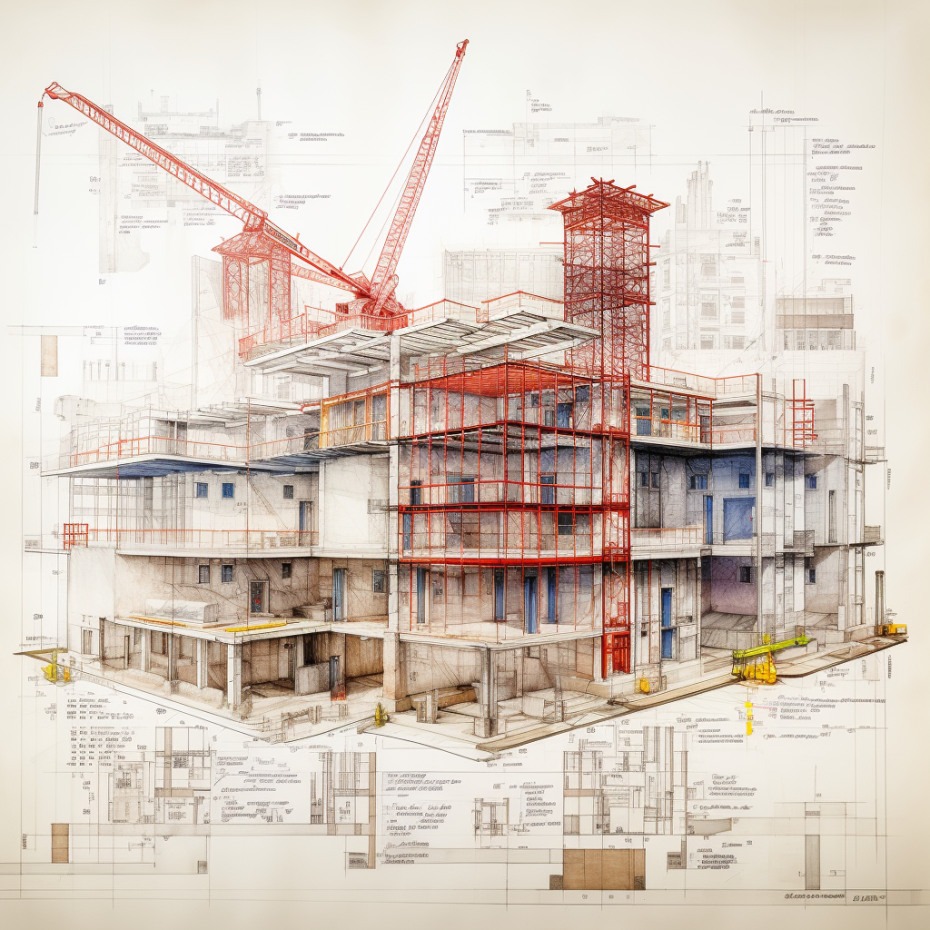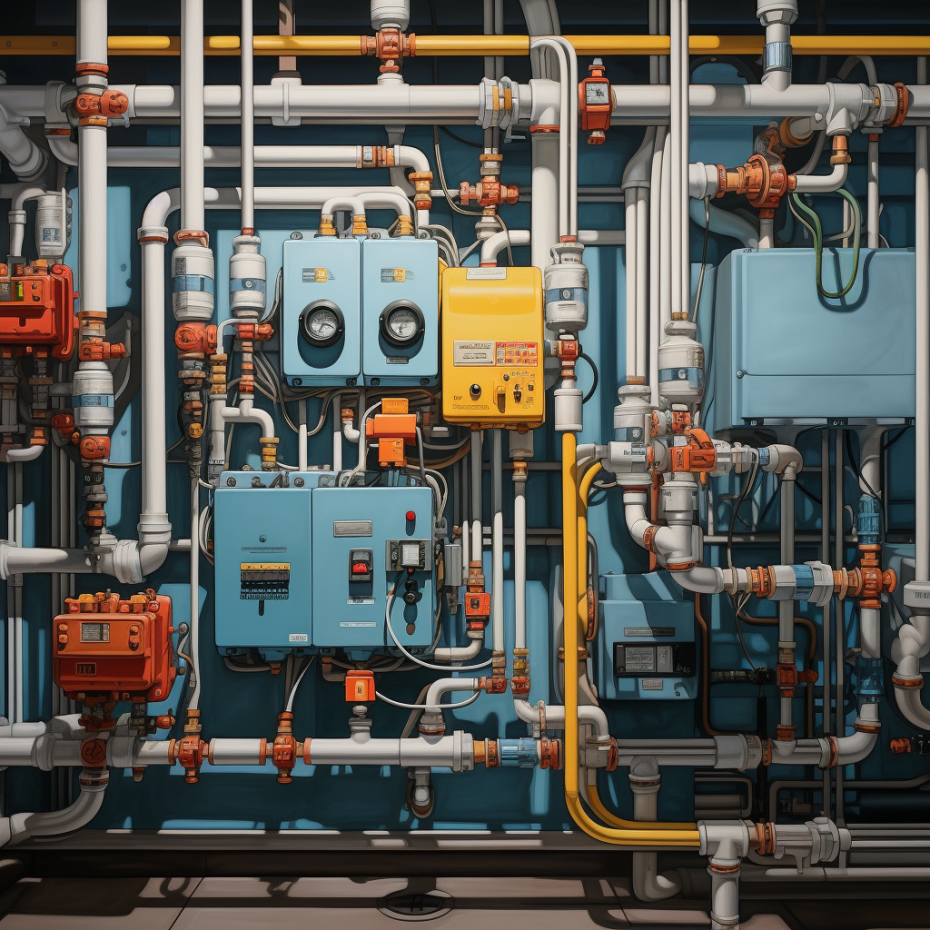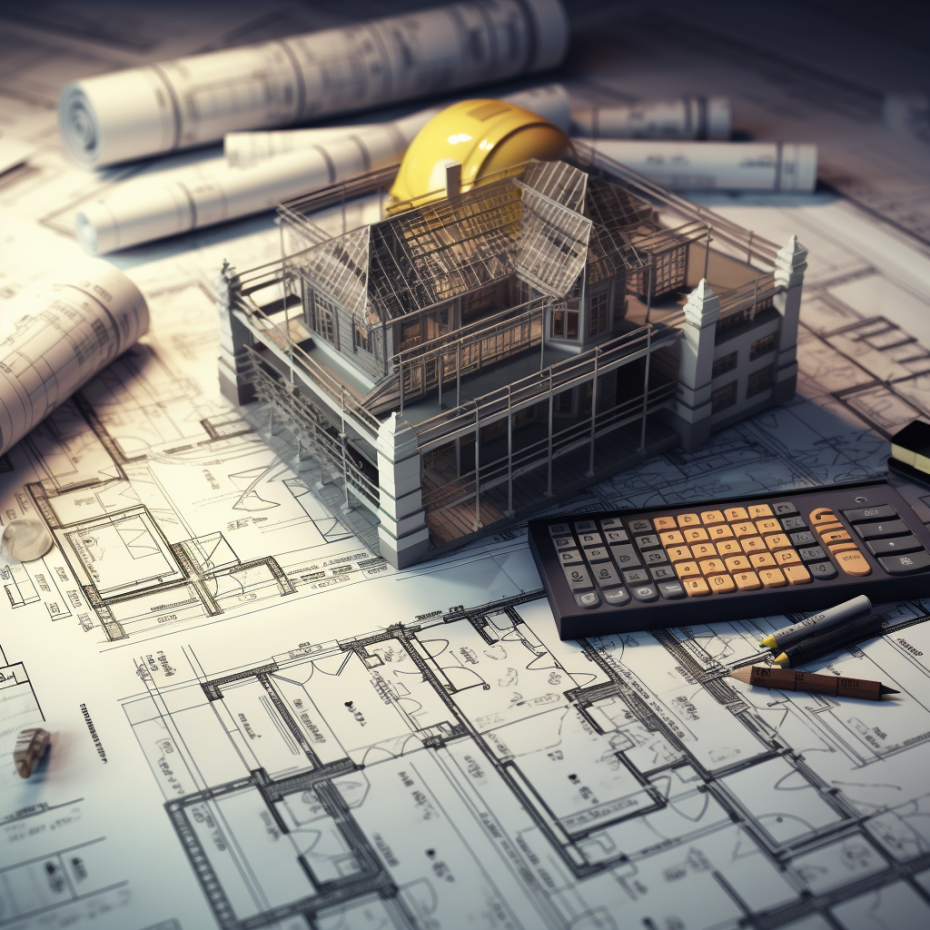Construction is a dynamic, ever-evolving industry that plays a crucial role in shaping cities and communities. Construction permits are required for all projects, whether building your dream home, undertaking a commercial project, or renovating an existing structure. These permits for construction are vital for ensuring your construction project adheres to local regulations, safety guidelines, and environmental guidelines.
This article will explore the world of building permits, including the different types and their significance. It will also explain how to obtain them.

1. Building Permits
Building permits are the most widely used and recognized type of construction permit. Building permits are essential for any construction project. This includes new construction, additions to existing structures, alterations, or repairs. Building permits are required to ensure your project complies with local building codes and safety standards.
The process of obtaining a building permit usually involves submitting detailed plans and specifications for the proposed construction. Local authorities review these documents to determine the project's structural integrity and safety measures. They also check for compliance with zoning laws. A building permit gives you the legal authority to begin construction once approved.
2. Zoning Permits
Zoning permits ensure your construction project aligns with local zoning laws and land-use regulations. These permits are essential for maintaining the aesthetics of a community and ensuring that structures of different sizes and types are placed appropriately.
Zoning permits usually address issues like building setbacks and land use. They also include height restrictions and property boundaries. If you want to build a commercial building in a residential neighborhood, you'll need zoning permission to change the land use. This permit prevents incongruent land uses that can change the character of a neighborhood.
3. Environmental Permits
Environmental permits are required for construction projects that could have a significant environmental impact. These permits are designed to protect natural resources, protect ecosystems, and prevent pollution. Environmental permits are available in many forms.
- Wetland permits: If you plan to impact wetlands, marshes, or water bodies in your project, you may require a permit to protect these ecosystems.
- Permits for Air Quality: Construction activities can generate air pollutants such as dust or emissions. Air quality permits are required to regulate and control emissions, ensuring compliance to air quality standards.
- Stormwater Permits - To manage runoff and prevent waterbodies' pollution, construction projects must obtain stormwater permits, which outline measures for controlling sedimentation and erosion.
- Permits for the Handling of Hazardous Materials: If you are using, storing, or disposing of hazardous materials in your construction, you will need permits to ensure these materials are handled safely and in compliance with environmental laws.
4. Demolition Permits
When you plan to demolish an existing structure, a demolition permit is required. These permits are issued to regulate demolition, ensure safety, and ensure proper disposal of debris. Local authorities will evaluate factors such as the structural stability of a building, its proximity to other structures, and environmental hazards. A demolition permit is essential to avoid accidents, reduce environmental risks, and maintain the aesthetics of your neighborhood.
5. Electrical, Plumbing, and Mechanical Permits
They require permits to ensure that electrical, plumbing, and mechanical installations comply with safety codes. These permits can include:
- Electrical Permits are required for any electrical work, including wiring, installation, and modification. Electrical systems must be up to code to prevent fire hazards or electrical malfunctions.
- All plumbing projects require plumbing permits, from simple repairs to new installations. These permits ensure the water supply, drainage, and sewage systems have been installed correctly to avoid leaks and contamination.
- Permits for mechanical installations: HVAC (heating, ventilation, air conditioning) installations require permits. These permits ensure that the systems are energy-efficient and meet safety standards.

6. Sign Permits
Sign permits are a particular category of permits that regulates the installation of signs in commercial properties. These permits are issued to maintain a uniform appearance and to prevent visual clutter in a city or neighborhood. Sign permits can specify factors like the size, design, and location of signs to ensure they comply with local aesthetics.
7. Permits for Excavation and Grading
For any construction project that involves earth-moving operations such as excavation, land preparation, or grading, permits for excavation and grading are required. These permits are intended to prevent erosion and landslides due to improper excavation or grading. These permits often require detailed erosion control plans to mitigate potential environmental impacts.
8. Historical Preservation Permits
Construction projects can sometimes involve historic buildings or structures. In these cases, historical preservation permits may be required to ensure any alterations or renovations preserve the historical integrity and importance of the structure. These permits require a careful review and approval process to balance preservation with modernization.
9. Use and Occupancy permits
Permits for use and occupancy are required to occupy a structure following construction legally. These permits confirm that the building complies with safety regulations and is suitable for its intended purpose. They are usually obtained after the construction is completed and the local authorities have inspected it.
10. Special Event Permits
Special event permits differ from traditional construction permits but are still relevant for temporary construction activities related to events such as festivals, fairs, or outdoor gatherings. These permits ensure temporary structures like stages, tents, and food booths meet safety and zoning regulations during the event.
Construction permits are an essential part of the construction process. They ensure that projects are completed in compliance with safety and environmental regulations and zoning requirements. The different types of permits discussed in this post address various issues, from structural integrity and historical preservation to environmental protection and zoning requirements.

Introducing Parceloop: Your Permit Solution
Parceloop has a team of experts who obtain California building permits for various projects. Our team is familiar with the complex permit process and building codes.
- Simplifies obtaining permits. We will ensure that your project is compliant with local regulations.
- The team is composed of professionals who have many years of experience in the industry. Our team is familiar with the entire process and can anticipate any obstacles.
- Reduces the time required to obtain permits. This allows you to move your project forward faster.
- Adheres strictly to all local building and safety regulations.
- Parceloop offers ongoing support with permits for your projects.